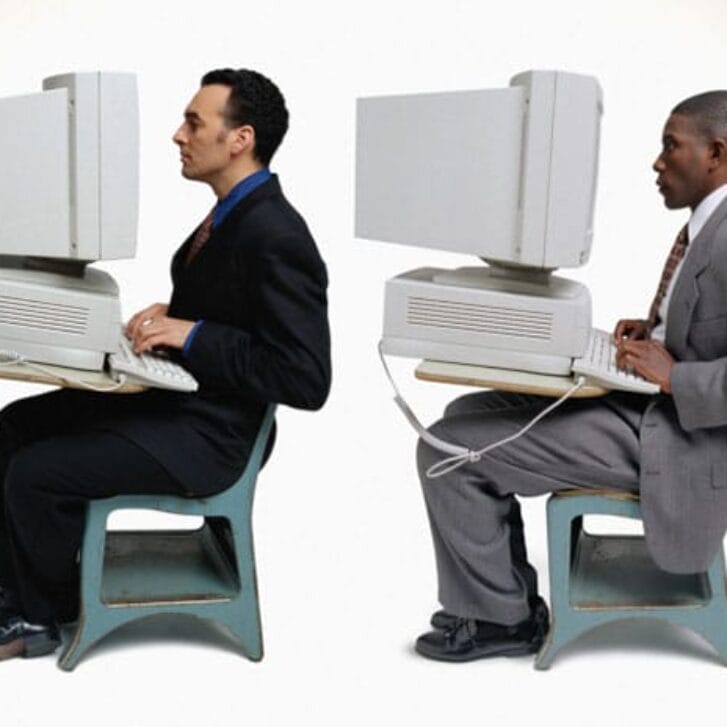In each issue of Wharton Magazine, we’ll test your knowledge with a question often straight from an actual Wharton exam or course, crafted by one of the School’s esteemed faculty members. Submit the correct answer and you’ll be entered into our drawing for a fabulous prize—tuition-free attendance at a Wharton Executive Education program.
This Final Exam challenge comes from David Reibstein, the William Stewart Woodside Professor and professor of marketing.
Please note: This issue’s contest is now closed. The answer is posted below.
The Basics:
An automotive manufacturer, BMV, is trying to figure out how much it should be willing to spend to attract customers. It knows that with each car it sells, it makes about:
• $10,000 on the sale of each automobile
• Another $8,000 on service and parts over the average three- to five-year life of the car for a total contribution of $18,000 spread over the life of the car.
The sale of the car delivers cash up front (ignoring financing profits), and the service revenue comes over time. The even better news is that, if someone buys a BMV, the likelihood they will buy another one is 80 percent as it is a fine-running machine. A similar likelihood exists that the car after that will be a BMV as well.
The Question:
How much should BMV be willing to spend in order to gain a customer like this?
The Winner:
Winner of the fall issue Final Exam challenge: Santiago Rivera, W’03
The Answer:
The simple answer is $18,000, less the cost of capital (that is, $10,000 + $2,000 (1-c) + $2,000 (1-c)2 + $2,000 (1-c)3 + $2,000 (1-c)4 + .8[$10,000 (1-c)4 + $2,000 (1-c)5 + $2,000 (1-c)6 + $2,000 (1-c)7 + $2,000 (1-c)8 +… ] ).
This is the financial value of the customer. The firm should be willing to spend up to this amount. Other considerations are:
a) Does the customer upgrade to a more expensive model over time, thereby leading to even greater margins?
b) Other accessories.
c) The influence they have on others.
(Out of all correct submissions, one winner was randomly selected to attend, tuition free, one Executive Education, 3- to 5-day open enrollment program. Does not include travel, expenses or personal costs incurred; subject to availability and admissions criteria; prize may be subject to taxation; excludes the Advanced Management Program, Executive Development Program, Essentials of Management, Health Care, Industry-Specific and Global Programs. Must be 18 years or older to win.)
























